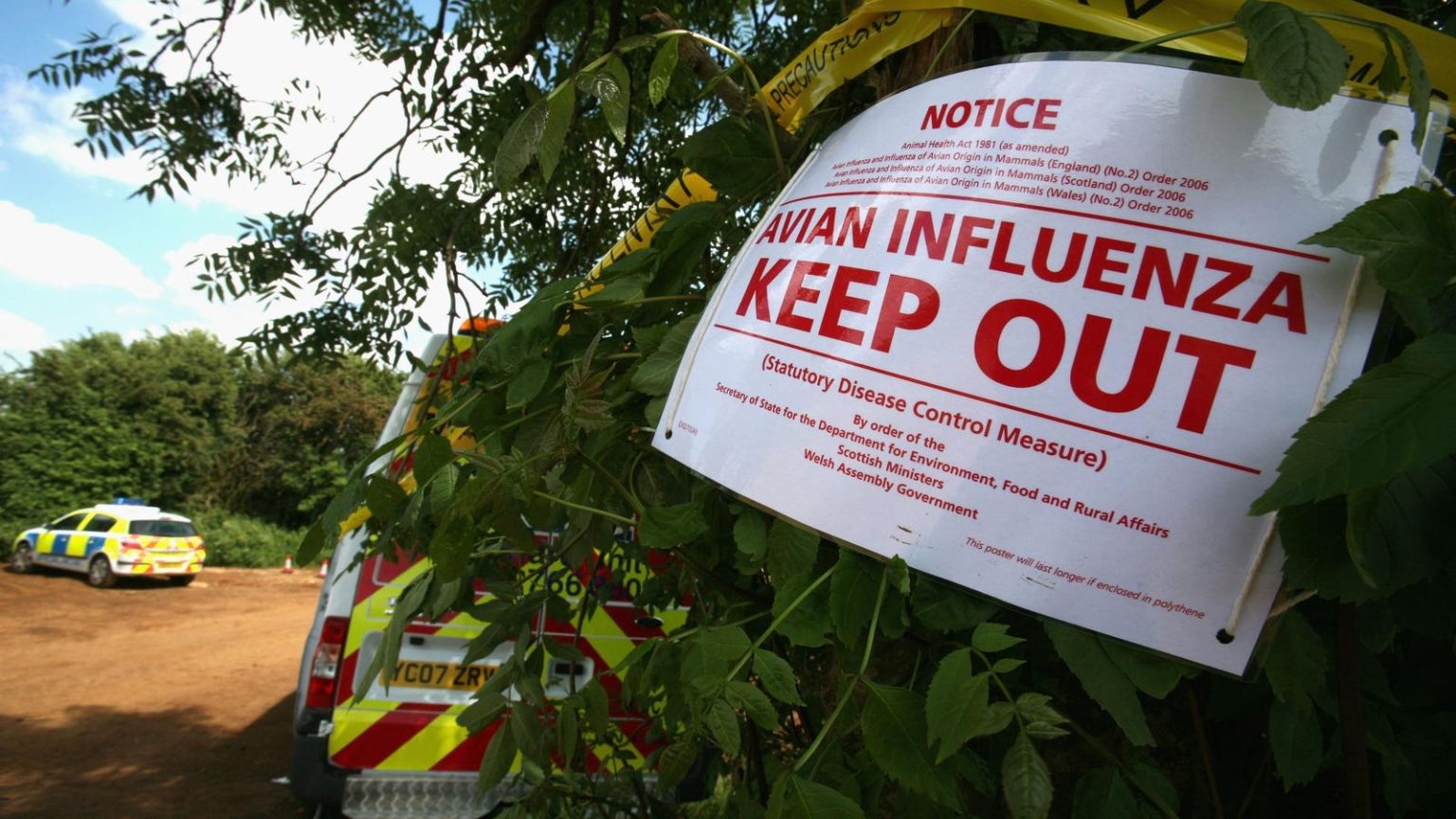A global outbreak of H5N1 bird flu that started in 2020 has recently spread among cattle in U.S. states and marine mammals worldwide, prompting health officials to closely monitor the situation. Experts are concerned that the virus could mutate and potentially spread to humans, where it has been rare but deadly. Recent developments include the discovery that drinking infected milk can spread the disease, as well as the first human case of bird flu reported in Australia, with the child making a full recovery after traveling to India.
The U.S. has reported two human cases of bird flu tied to transmission from dairy cows, with both individuals recovering after experiencing mild symptoms. The Department of Agriculture conducted a study that found the virus in beef was eliminated after cooking to medium to well-done temperatures. Additionally, the Centers for Disease Control and Prevention found high levels of influenza A in wastewater in several states, but could not confirm if it came from humans or animals, leading to uncertainty about the source of the virus.
Efforts are being made to ensure the safety of the food supply, with the FDA committing additional funds to ensure the safety of commercial milk products. The Department of Agriculture is providing financial support to farms to help mitigate the spread of the disease. Ground beef products tested negative for bird flu, confirming the safety of the meat supply. Similarly, dairy products were found to be safe for consumption, with no live traces of the virus detected in samples tested by the FDA.
The potential transmission of bird flu among humans remains a concern, although it is not easily spread in this manner. While rare, human cases have been reported in other countries, with mortality rates reaching 52%. Raw, unpasteurized milk is deemed unsafe to drink due to the risk of infection, prompting recommendations to consume pasteurized products. Similarly, precautions are advised when consuming meat to ensure proper cooking temperatures are reached to eliminate any traces of the virus.
The impact of bird flu on the economy is evident, with increases in egg prices due to decreased production caused by outbreaks among poultry. Measures are in place to control the spread of the disease, including the euthanization of infected birds and compensation for affected farmers. Vaccines for bird flu exist for humans, but mass production may take time in the event of a human pandemic. Trials for animal-specific vaccines are also underway to combat the virus in livestock.
The spread of bird flu among various species, including marine mammals and domestic pets, underscores the need for continued monitoring and preventive measures. The virus has devastated bird populations globally and led to significant mortality rates in various animal species. Public health officials are urged to remain vigilant in monitoring the situation, as the virus continues to pose a potential threat to both animal and human populations. Concerns about potential mutations and the risk of transmission emphasize the importance of proactive measures to prevent further spread of the virus.


